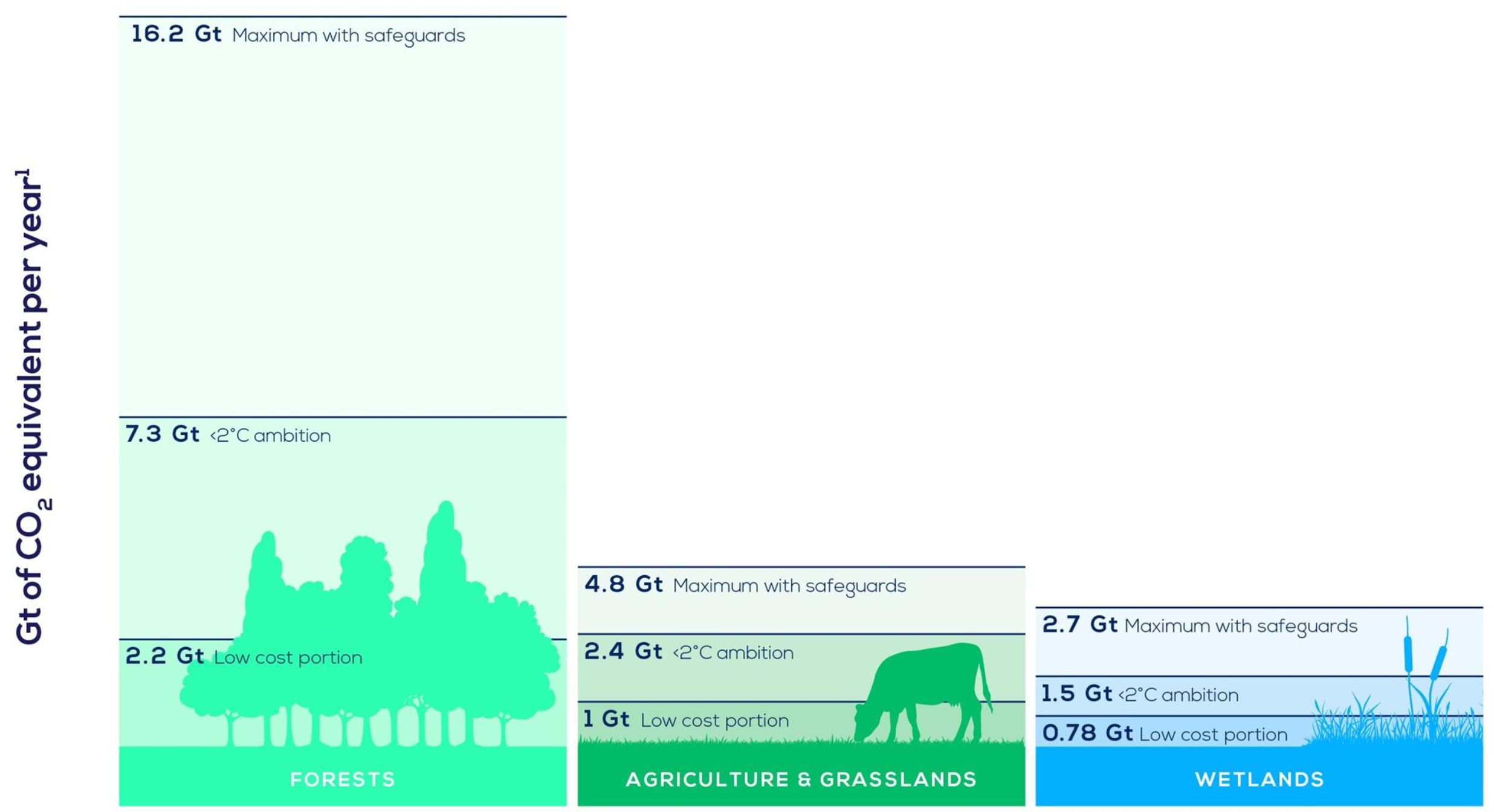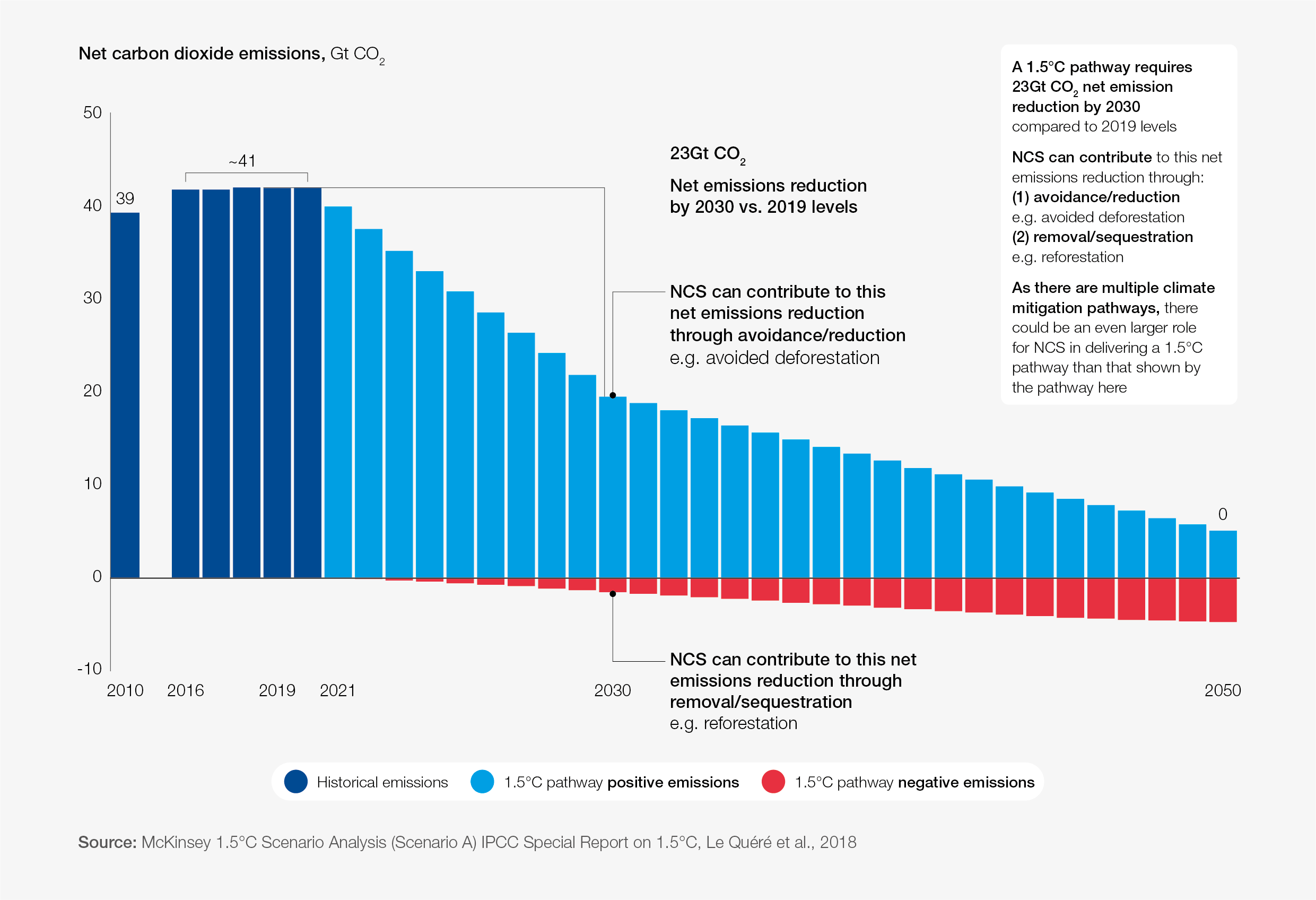This explorer and conservationist is training citizen scientists to save the planet

Scientists need access to more data about our ecosystems to save the planet.
Image: Dong Xie/Unsplash
Stay up to date:
Future of the Environment
This article was originally published on 27 February 2024 and updated on 17 April 2024.
- Scientists need more data to develop effective climate change mitigation and adaptation strategies and preserve our vital ecosystems.
- Using citizen science projects to collect scientific data can be an effective way to protect the environment and address the impacts of the climate crisis.
- The World Economic Forum spoke with Gregg Treinish, US explorer, conservationist and founder of Adventure Scientists, about mobilizing and training volunteers to collect high-quality data.
As we become increasingly aware of the threats posed by global warming, many of us may want to take positive action but, as non-scientists, not know where to start.
A big part of meeting the United Nations’ Sustainable Development Goals – particularly number 13, Climate Action – is access to the right data. Quite simply, scientists need much more of it, and fast, to develop the right approaches for the future.
But the growth of citizen science, getting people involved – and invested – in protecting nature and the resources we rely on, is a positive step towards this. Around the world, and even in outer space, thousands of projects are underway harnessing the power of the public to accelerate the knowledge journey.
A recent example is the total solar eclipse on 8 April 2024, during which the US National Science Foundation invited professional and amateur astronomers to record and share particular facets of this once-in-a-generation cosmic event.
“There’s no ecosystem, however urbanized, that cannot benefit from more data,” says US conservationist, explorer and founder of non-profit organization Adventure Scientists, Gregg Treinish.
And, of course, the better the data, the more useful it will be. So how do we ensure our well-meaning but amateur data collection efforts are good enough?
As part of its conservation efforts, Adventure Scientists not only mobilizes volunteers, but also trains them to collect high-quality samples. Here, Treinish, a World Economic Forum Young Global Leader, talks to us about his adventures in nature and data, and the importance of partnership and collective action in driving the climate agenda forward.
Building a career out of a passion
“I've been pushing limits and boundaries my entire life,” says Treinish. This includes being “kicked out of school at 16”, but it didn’t stop him from obtaining degrees in biology and sociology.
Or pursuing his early-age passion for nature into adulthood, which led to him trekking the length of the Andes Mountains and becoming a National Geographic Adventurer in 2008. It was while travelling as an Explorer for the organization – struck at the privilege of being able to see the world as an individual and wondering how this might be used for the collective good – he came up with the idea for Adventure Scientists.
“While I was exploring and travelling I pretty quickly saw that there were just so many people who loved the outdoors and wished there was a way they could make a difference, and I realized that we need data.
“We lack data. Even though the world is awash with data. It's not the right data, it's not the data that's really going to unlock solutions. And so if we could target these massive numbers of people who love the outdoors towards something that's meaningful and can make a difference, that power and that opportunity for impact is vast.”

Adventure Scientists, he explains, effectively provides an online “marketplace”, where scientists around the world can post their data needs to find trained local volunteers who will understand what they want and how to deliver it.
Outdoor enthusiasts and communities are trained to collect high-quality data for projects that may be in hard-to-access areas, are large in scale, or where traditional methods of collection are too expensive.
Growing a global network
Since the first days of googling “how to start a non-profit”, Adventure Scientists has amassed some impressive data wins for the environment, and for the use of non-scientist participation in essential research.
This includes enabling authorities to prosecute illegal loggers, creating the largest dataset on Earth for microplastic pollution, advancing a new suite of interventions against antibiotic-resistant superbugs, and doubling crop yields without fertilizers across four million acres of land.
“All around the world there are opportunities to get involved,” Treinish says.
What is the World Economic Forum doing on natural climate solutions?
He is currently working with other Young Global Leaders, developing projects to study waterways in Pakistan and to support and expand community science projects in southern Africa.
“Being part of the regular Young Global Leader community has given me a network of peers who provide access to some of the most impactful and powerful institutions on the planet.
“To be able to call somebody up who can help me speak with a government, or access a company or an organization, it means I am only limited by my ability to come up with really great solutions for the problems we're facing. And these pieces all coming together here has greatly accelerated our chance of success.”
While acknowledging the difficulty of the path ahead and the need to accelerate conservation progress so far, Treinish is hopeful about the future.
“This is our livelihood. This is our species and every other species on the planet that is at stake here. So we have no choice but to succeed … if you give people the power to make a difference and be part of the solution – they want to be. They just need to be activated to do so.”
Accept our marketing cookies to access this content.
These cookies are currently disabled in your browser.
Don't miss any update on this topic
Create a free account and access your personalized content collection with our latest publications and analyses.
License and Republishing
World Economic Forum articles may be republished in accordance with the Creative Commons Attribution-NonCommercial-NoDerivatives 4.0 International Public License, and in accordance with our Terms of Use.
The views expressed in this article are those of the author alone and not the World Economic Forum.
Related topics:
Forum Stories newsletter
Bringing you weekly curated insights and analysis on the global issues that matter.
More on Nature and BiodiversitySee all
Nunzio Peleggi
March 28, 2025
Jack Hurd
March 27, 2025
David Elliott
March 25, 2025
Victoria Masterson, Stephen Hall and Madeleine North
March 25, 2025
Gareth Francis
March 25, 2025








